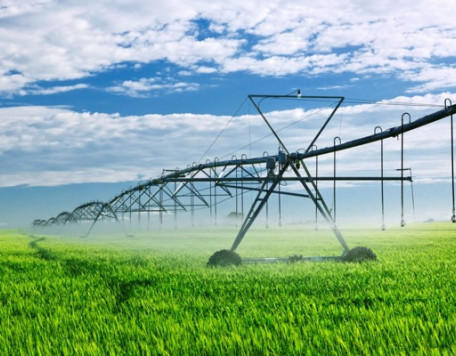© Pint of Science, 2025. All rights reserved.
Plastic pollution is currently one of the most pressing environmental concern as rates of production continue to rise and overwhelm our ability to cope with the waste. But how can science help solve this problem? Join us as we hear from two researchers at the University of Birmingham who are developing new types of material to try and solve this urgent issue.
Dynamic bonds in polymeric materials: designing plastic 2.0
Daniele Giannantonio
(PhD researcher)
Since their introduction on the market in the 1950s, plastics have had a phenomenal impact on modern society, and they will not stop being relevant in the future. In fact, plastics contributed greatly to shape the time we are currently living in; versatile in nature, cheap and easy to manufacture, polymers allowed for the replacement of many materials in different fields generating several advantages such as reduced emission of transportation vehicles or extended shelf-life of food products.
The strength and usefulness of plastic lies in it being abundant of strong and durable carbon-carbon bonds. Unfortunately, this also lead to end-of-life issues. Carbon dioxide (CO2) emissions, accumulation in the environment and human body, are just few of the consequences of the current linear life cycle of this class of materials.
In order to bridge the gap between the usefulness of plastics and their environmental toll, researchers are trying to develop new materials including novel types of chemical bonds into the polymeric structure. These bonds, called dynamic bonds, can break and reform under simple and mild conditions, allow us to design materials with novel properties and gain greater control over their end of life options, hence unlocking a more sustainable model.
The strength and usefulness of plastic lies in it being abundant of strong and durable carbon-carbon bonds. Unfortunately, this also lead to end-of-life issues. Carbon dioxide (CO2) emissions, accumulation in the environment and human body, are just few of the consequences of the current linear life cycle of this class of materials.
In order to bridge the gap between the usefulness of plastics and their environmental toll, researchers are trying to develop new materials including novel types of chemical bonds into the polymeric structure. These bonds, called dynamic bonds, can break and reform under simple and mild conditions, allow us to design materials with novel properties and gain greater control over their end of life options, hence unlocking a more sustainable model.
The future of nanotechnology
Stephen Fielden
(Early Career Fellow)
As we look around us, some things are living and others not. For example, my dog is alive but the table with my computer on isn’t. Why is this the case? It is because my dog is able to obtain energy from food, convert it to waste (poo!) and use it to perform tasks. As chemists, we are starting to learn how to make materials that show life-like properties and perform tasks. Whilst these systems are much less sophisticated than my dog, their development should usher in a new era of smart materials. This is enabled by cutting edge research into molecular machines and nanotechnology.
Map data © OpenStreetMap contributors.
Other Hop Garden events
2025-05-21
Generous Minds: Giving and the Social Brain
Hop Garden
19 Metchley Lane, Harborne, Birmingham, B17 0HT, United Kingdom
2025-05-20
Gassy Plants and Climate Flashbacks
Hop Garden
19 Metchley Lane, Harborne, Birmingham, B17 0HT, United Kingdom




